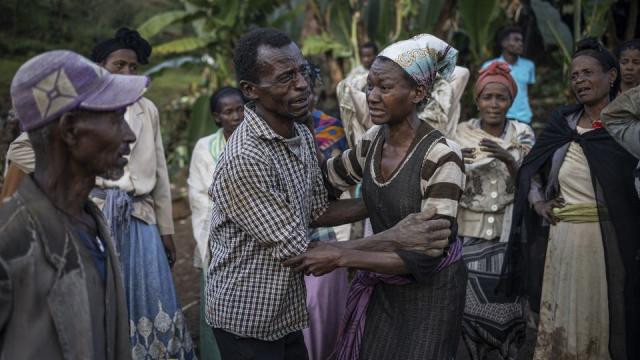
The echoes of a tumultuous past continue to reverberate across the African continent as scholars, historians, and local communities grapple with the enduring legacy of English colonialism. The era, which spanned from the late 19th century to the mid-20th century, left an indelible mark on the social, economic, and political landscapes of countless African nations.
English colonialism in Africa was characterized by a complex interplay of power dynamics, cultural clashes, and resource exploitation. The scramble for Africa saw European powers divide and conquer, redrawing borders with little regard for ethnic and tribal boundaries. England, one of the major colonial players, established dominion over territories that would become modern-day Nigeria, Kenya, Ghana, South Africa, and others.

One of the most profound impacts of English colonialism was the imposition of foreign cultures and values. Local traditions, languages, and customs were often suppressed or eradicated in favor of European norms, leading to cultural upheaval and a loss of identity for many African communities. Educational systems were redesigned to serve colonial interests, propagating English language and history while sidelining indigenous knowledge.
Economic exploitation was another hallmark of English colonial rule. Colonies became sources of raw materials and cheap labor, with cash crops like cocoa, rubber, and tea funneled back to England’s burgeoning industries. The unequal trade relationships severely hindered the economic development of African nations, perpetuating a cycle of dependence and underdevelopment that continues to challenge progress today.
The political landscape was reshaped as traditional governance structures gave way to European-style administrations. Puppet governments were often installed to serve colonial interests, further eroding local sovereignty. The legacy of these artificially constructed borders and political systems can still be seen in the ethnic tensions and conflicts that persist in many African countries.
Decades after gaining independence, African nations are still grappling with the far-reaching consequences of English colonialism. Lingering economic disparities, social inequalities, and political instability are just a few of the challenges that stem from this period. Efforts to reclaim lost heritage, revitalize indigenous languages, and promote cultural diversity are ongoing, but the road to full recovery remains complex and arduous.
In recent years, there has been a growing recognition of the need to address historical injustices and foster reconciliation. Calls for reparations, acknowledgment of past wrongs, and initiatives to bridge the education gap between former colonizers and colonized nations have gained traction on the global stage. Engaging in open dialogues and confronting the uncomfortable truths of the past are seen as critical steps toward healing and charting a more equitable future.
As Africa navigates the complexities of the 21st century, it does so with the weight of its colonial past. The scars left by English colonialism continue to shape the continent’s trajectory, underscoring the importance of understanding history as a means to shape a more just and inclusive world for generations to come.




